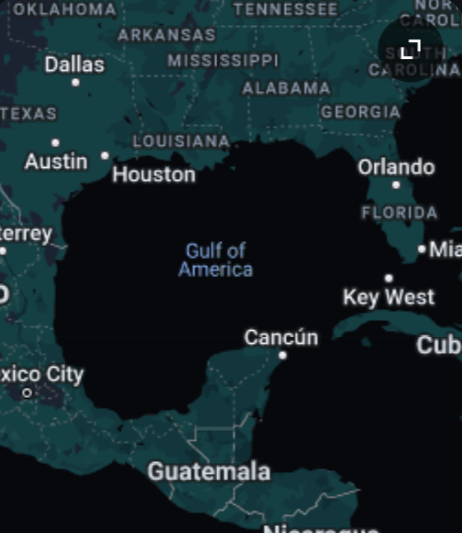Child hunger issue grows: Students facing effects in daily life
January 21, 2021
“Hunger is very distracting, and at its peak, it makes it very hard to do anything other than eat. This affects learning in the same way. It is a big distraction that takes your mind off the task at hand,” says sophomore Tyler Huneke.
According to CNBC, childhood hunger is “facing unprecedented levels” that could potentially grow worse as winter pushes on. They proceed by stating, “Millions of Americans are facing hunger as a result of the Covid-19 pandemic- and many of those are children.” Around 17 million children will be going hungry this year, says Feeding America, a nonprofit food bank network.
Carla Harward, English teacher, believes that “hunger can affect anyone,” but feels that “children are the most affected.” Junior Jessica Dudok also finds this statement to be true and adds that although famine can impact anyone, it disturbs some lives more drastically.
English teacher Michael James continues this thought by stating he feels that “because we [America] are an affluent nation, we overlook those who struggle to find food.” He believes that part of the issue of hunger is that it is “invisible.”
James explains this by stating, “We [Americans] see images of starving people in other countries and don’t see those same images in our country; therefore, we think we don’t have similar problems.” The English teacher acknowledges that hunger is “a serious issue” that “stunts many Americans’ future.”
When Dudok becomes hungry during the school day, she finds that she is only focused on her desire for food, which diverts her mind away from grasping information. In the case of other students, Dudok explains that experiencing hunger whilst trying to study can “make people distracted and affect their ability to focus and learn.”
James has noticed that “those students who are not food secure lose ground on their peers who know that there is food in the house for them.” The teacher adds, “Concentration, motivation, [and] energy are all affected when hungry.”
On top of this fact, some students, according to James will continue to be impacted by this issue in their personal life because they “may have to work outside of the home to help pay for food in the house,” making them unable to complete homework that reenforces information taught in the classroom.
Harward adds to this by stating, “Eating breakfast is the number one statistic that [kick] starts the brain in the morning, so if students aren’t eating breakfast[,] let alone any food, that could severely affect a student’s ability to learn and retain information.”
James recognizes that there are several possible causes to this issue. He describes some of these as being family instability, lack of access to government resources, and an underfunding of government agencies. Harward adds to this thought by stating the “lack of proper [necessities], body image, time constraints, and nutritional education” are all prominent causes.
According to the junior, the stability of one’s parents is another possible reason for the problem, especially, she continues, if the parents are the ones purchasing the food. She then goes on to state that people can spread the word of the issue by “sharing their experiences or sharing things on social media.” James agrees with this and includes the idea of “working to avoid shaming students.”
Harward suggests that teachers “be someone that students can lean on and talk to.” Dudok shares that educators should offer students love and support. However, because teachers have such strict guidelines regarding confidentiality, James tells students that they must be the ones to share the information. He explains that it is “such a fine line for teachers to walk. On the one hand, we have strong desires to help students. Why else would we choose the career? At the same time, we have to closely adhere to confidentiality and privacy rules and laws.”
James encourages all to “be someone who can recognize issues facing students” and to “be there as someone that can give guidance,” while Dudok prompts those to “volunteer their time” and “buy some things for people in need.”
















